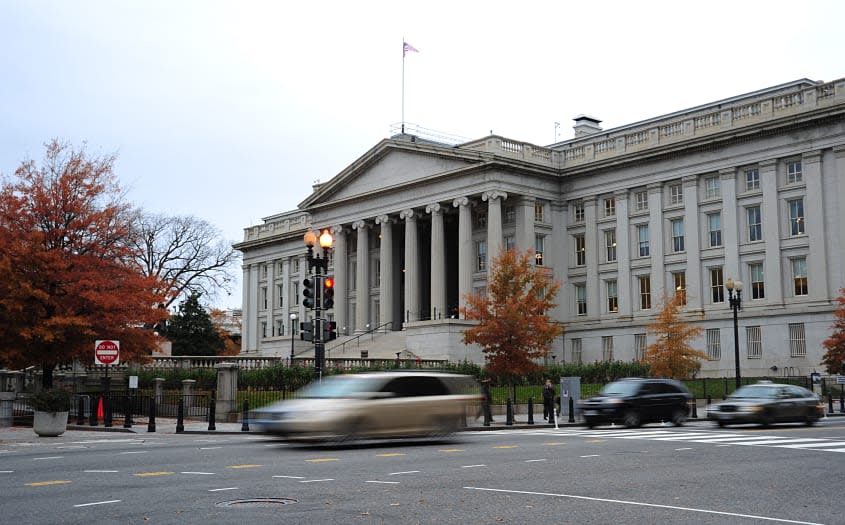Individual investors flock to bonds

Here are three of the week's top pieces of financial insight, gathered from around the web:
Individual investors flock to bonds
Government bonds are the new meme stocks, said Sam Goldfarb in The Wall Street Journal. Seeking safety from a turbulent market, from the end of April to late May investors poured $20 billion into mutual and exchange-traded funds that focus on buying ordinary U.S. Treasurys, "the largest infusion over a four-week span in at least 29 years." So many orders have been placed for inflation-linked "I bonds" paying an initial interest rate of 9.62 percent — available only to individual investors, through the Treasury Department — that the agency had to shift staff to a call center. Purchases of these bonds, which are limited to $10,000 per investor, have totaled "$14.9 billion since November, about $6 billion more than the previous 20 years combined."
Undercounting subscription bills
Most people underestimate how much they spend on subscriptions by a hefty amount, said Sarah O'Brien at CNBC. A new survey from market research firm C+R Research found that "consumers' offhand guess of how much they spend monthly on subscriptions averaged $86." The actual amount was $219 on average, a difference of $133 per month. The confusion is understandable. Subscriptions have exploded over the past decade — "for just media and entertainment offerings, the average number of paid subscriptions per consumer was 12 in 2020." That's a lot to keep track of. "Most people (86 percent) have put some, if not all, of their subscriptions on autopay." But nearly half of respondents said they "were still being charged for a subscription" they had forgotten about and no longer used.
Debt relief for Corinthian students
The Biden administration wiped away $5.8 billion in loans for former students of a defunct for-profit school, in the largest student debt cancelation yet, said Katie Lobosco at CNN. The Department of Education announced last week it would clear the debts of 560,000 students who attended Corinthian schools from 1995 through 2015, when regulators shut down the network of colleges for "misleading prospective students about the ability to transfer credits and falsifying its job placement rate." Onetime Corinthian students have pressed for relief for years; many had already been "refusing to make their payments" as part of the nation's first student debt strike. The announcement brought the total student loan relief approved under the Biden administration to $25 billion.
This article was first published in the latest issue of The Week magazine. If you want to read more like it, you can try six risk-free issues of the magazine here.

